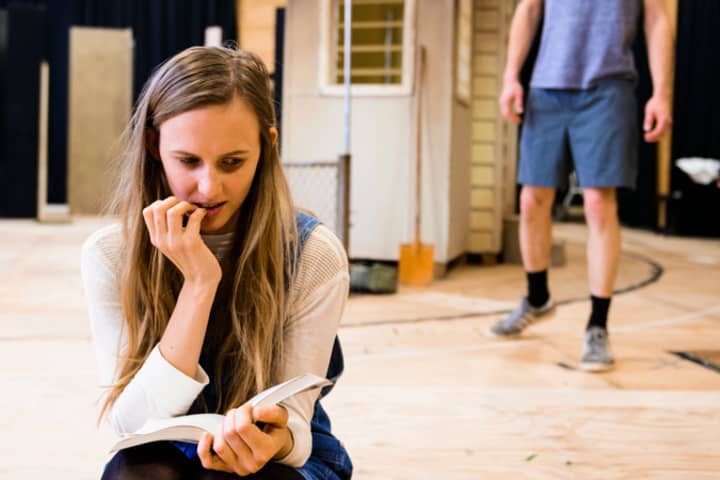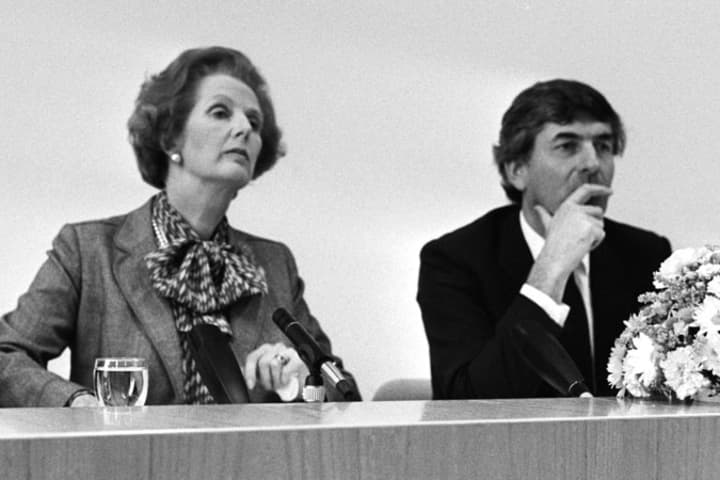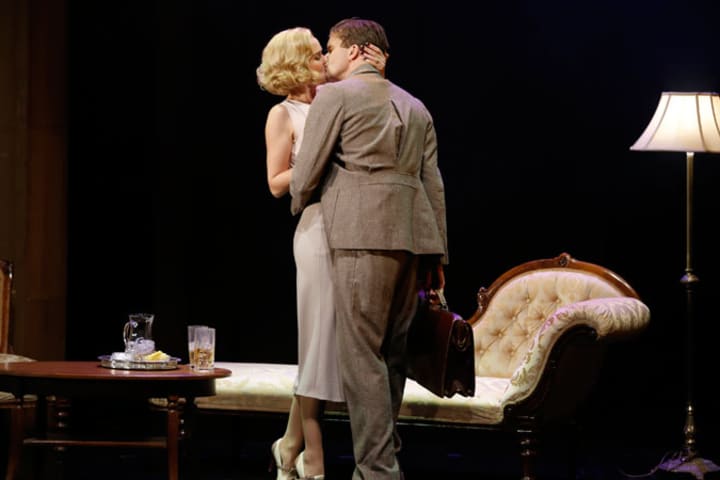When the new Thatcherite morality encompassed Britain in the late 1970s, playwright David Hare found a subject he could draw from for years to come.
In 1978, David Hare reached a high point in his ten-year writing career with his play Plenty, a resonant critique of post-war Britain. After a slow start, it became a sell-out hit for the National Theatre and had further life in a Broadway run and a popular film starring Meryl Streep. For Hare and other young left-wing playwrights of that generation, such as David Edgar, Caryl Churchill, Trevor Griffiths, Edward Bond, Howard Barker and Howard Brenton, these were boom times for the drama of social criticism. There seemed to be so much to criticise. Throughout the seventies, Britain lurched from one crisis to another, ending in late 1978 with the so-called ‘Winter of Discontent’, when the country was laid low for months by a series of strikes.
Yet, despite this, the mood on the left was optimistic, the strife seen as an inevitable consequence of the long struggle for social equity. As Hare recently explained in an interview with Julian Burnside at the Sumner Theatre: ‘The post-war consensus was that, [whether] you were for the Labour Party or the Conservative Party, society was heading in one direction, which was towards social security, a national health service, an educational system, freeing up social mobility, [and] a greater degree in one’s ability to climb up in society.’
Then Margaret Thatcher came to power in 1979 like a sudden shift of wind. Whence it was blowing was not immediately obvious and her major reforms were only gradually enacted, but Thatcher and her fellow ideologues in cabinet began to speak the strange new language of the coming enterprise culture: ‘monetarism’, ‘entrepreneurship’, ‘deregulation’, and ‘private ownership’. Acolytes of a new religion, they evoked the ‘invisible hand’ of infallible ‘market forces’. Such are now household words, but in the early 1980s few realised what it all meant, and when the nature of Thatcher’s program became clear to those on the political left, there was general stunned disbelief.
‘The longest I ever stopped writing plays was five years,’ says David Hare in an interview on the National Theatre website. ‘And I stopped writing plays because I didn’t know what to say. And that was because I was a political writer and, really, at the end of the seventies when Margaret Thatcher arrived, we had all predicted that the world would turn left, and the world turned right. I was left looking foolish. And I didn’t have any means of interpreting this new world.’
By the time Hare regained his artistic footing with A Map of the World, a commission for the Adelaide Festival in 1982, Thatcher’s project was in full swing, with a definite moral dimension developing along with the dry economic policy. All the old vices of avarice and self-interest were repackaged as libertarian virtues; and the old virtues of community service and social responsibility were seen as weaknesses.
Playwrights know instinctively that ideas will only hold an audience up to a point, but a moral conflict will keep them gripped to the end. In this new Thatcherite morality, Hare found a subject he could draw from for years to come. A Map of the World, a play about the industrial world’s responses to Third World poverty, only touched on it, but his next, Pravda (1985), a free-wheeling farce, co-written with Howard Brenton, went all out to paint a Thatcherite newspaper publisher as a modern Mephistopheles. Later in the decade, with The Secret Rapture (1988) and the state of the nation trilogy of Racing Demon (1990), Murmuring Judges (1991) and The Absence of War (1993), Hare began to document the spread of what he saw as a moral cancer down through the strata of society.
By the time he came to write Skylight in 1994, after Thatcher lost her leadership yet with the Conservative Party still in power, Hare saw his nation split into two, each with its own language. In Skylight, he has former lovers facing each other across this chasm, speaking loudly and clearly, yet not being understood.
Skylight is now playing at Southbank Theatre until 23 July. Book now.
Published on 30 June 2016





